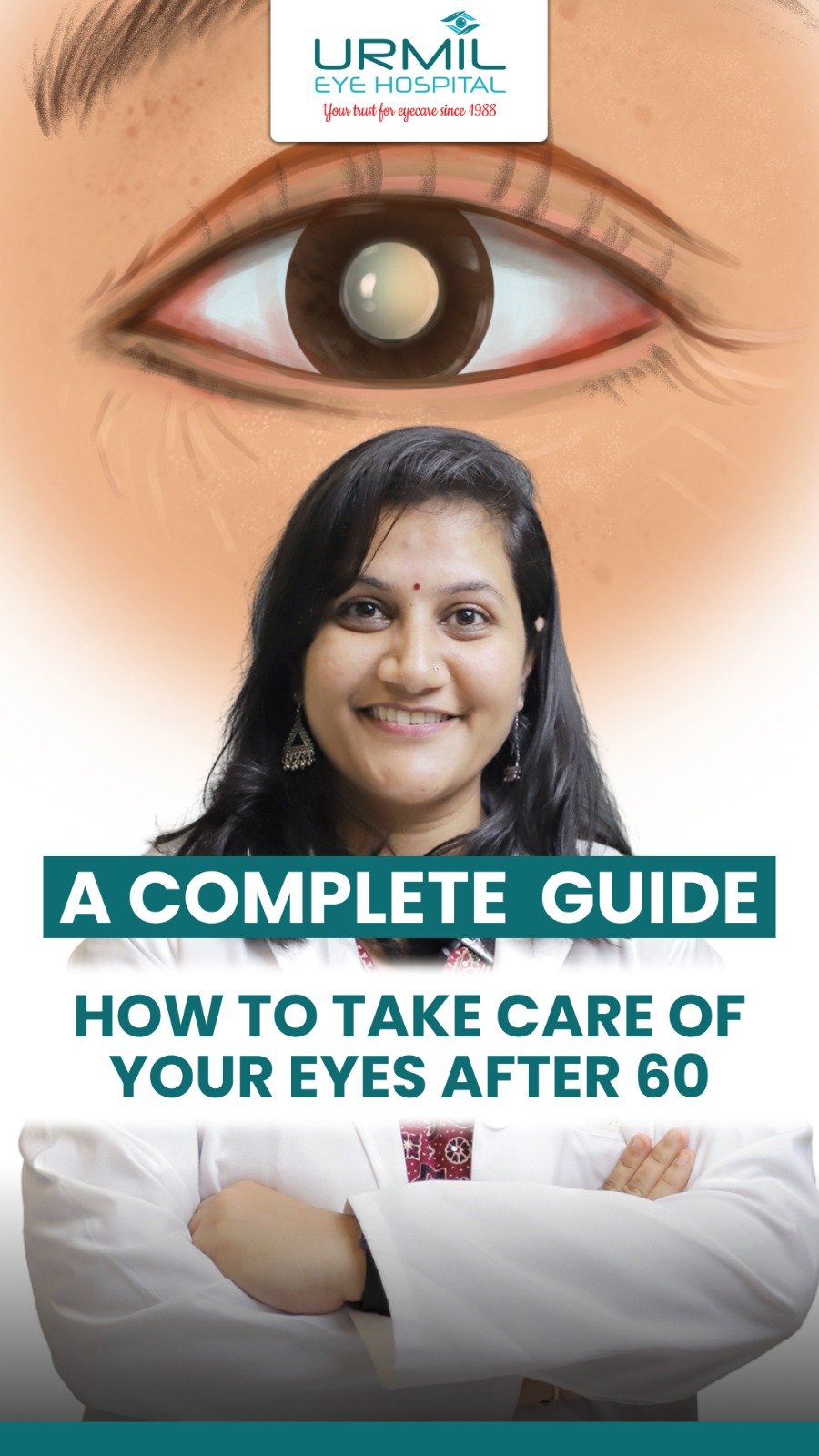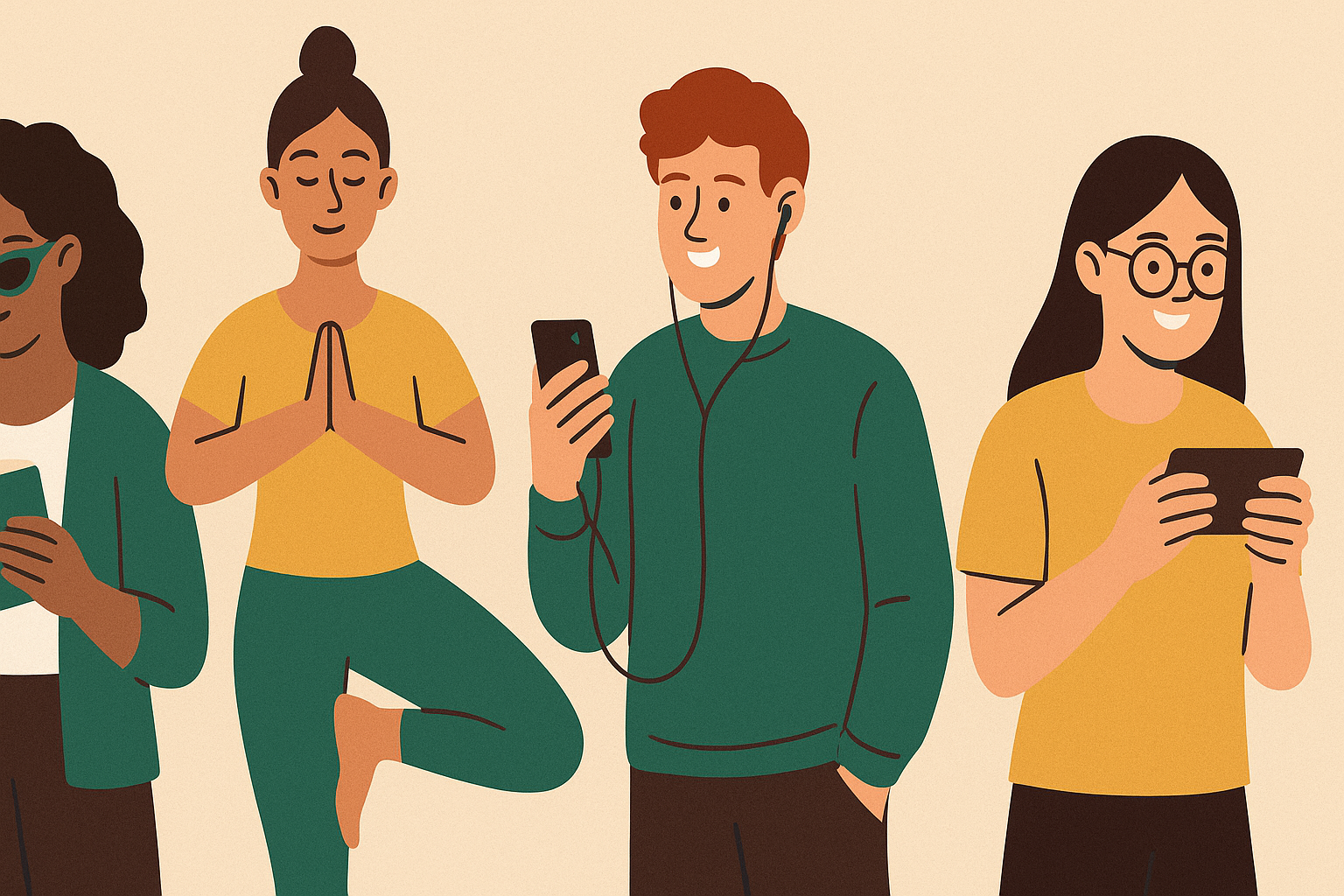
How to Take Care of Your Eyes After 60: A Complete Guide
How to Take Care of Your Eyes After 60: A Complete Guide
As we age, our body changes—and so do our eyes. After the age of 60, maintaining eye health becomes just as important as managing heart health, mobility, or nutrition. Unfortunately, many seniors overlook early signs of vision decline until it begins to affect daily life. At Urmil Eye Hospital, we believe that proactive care can preserve not only sight—but independence, safety, and quality of life.
If you or a loved one is above 60, here’s a complete step-by-step guide to keeping those eyes sharp, comfortable, and protected.
Step 1: Get a Comprehensive Eye Exam Every Year
After 60, eye health can change quickly. Annual comprehensive exams are essential—not just for updating glasses, but or screening serious conditions like:
● Cataracts
● Glaucoma
● Age-Related Macular Degeneration (AMD)
● Diabetic Retinopathy
These issues often show no early symptoms, but a routine exam can catch them before they affect vision permanently.
Step 2: Eat Eye-Friendly Foods
A nutrient-rich diet can help reduce the risk of age-related eye diseases. Make sure your meals include:
● Leafy greens like spinach and kale (rich in lutein & zeaxanthin)
● Carrots and sweet potatoes (vitamin A)
● Citrus fruits (vitamin C)
● Fish like salmon and sardines (omega 3 fatty acids)
● Nuts and seeds (vitamin E and zinc)
A healthy plate supports a healthy retina.
Step 3: Manage Chronic Health Conditions
Conditions like diabetes, hypertension, and thyroid disorders can silently damage the eyes. Uncontrolled blood sugar can lead to diabetic retinopathy; high blood pressure can impact blood vessels in the eye.
Work closely with your physician and eye doctor to manage these conditions and prevent long-term vision complications.
Step 4: Protect Eyes from UV & Blue Light
Even after 60, your eyes are still vulnerable to UV rays and screen exposure.
● Wear UV-protected sunglasses outdoors
● Use anti-glare lenses or blue-light filters on digital devices
● If you’re reading a lot on screens, follow the 20-20-20 rule to prevent digital eye strain
Step 5: Combat Dry Eyes
Many seniors experience dryness, burning, or gritty sensation in their eyes due to reduced tear production. Combat this by:
● Using preservative-free lubricating eye drops
● Staying hydrated throughout the day
● Avoiding direct air from ACs or fans on your face
● Using a humidifier at home
Step 6: Make Your Home Eye-Safe
Falls are a major concern for seniors, and poor vision increases that risk. Ensure your home is:
● Well-lit with warm lighting
● Free of tripping hazards like loose rugs or clutter
● Equipped with night lights in hallways and bathrooms
● Fitted with large-text or magnified labels on medicines
Step 7: Don’t Delay Surgery if Recommended
If your doctor recommends cataract surgery or another corrective procedure, don’t wait too
long. With modern technology—like the blade-free, no-stitch cataract surgery we offer at
Urmil Eye Hospital—recovery is quick and results are life-changing.
Delaying surgery can make conditions worse and prolong visual discomfort unnecessarily.
Step 8: Stay Social and Visually Engaged
Reading, gardening, knitting, or even video calling your grandchildren keeps your vision active and your mind sharp. Staying visually and mentally engaged slows down degeneration and boosts emotional health.


